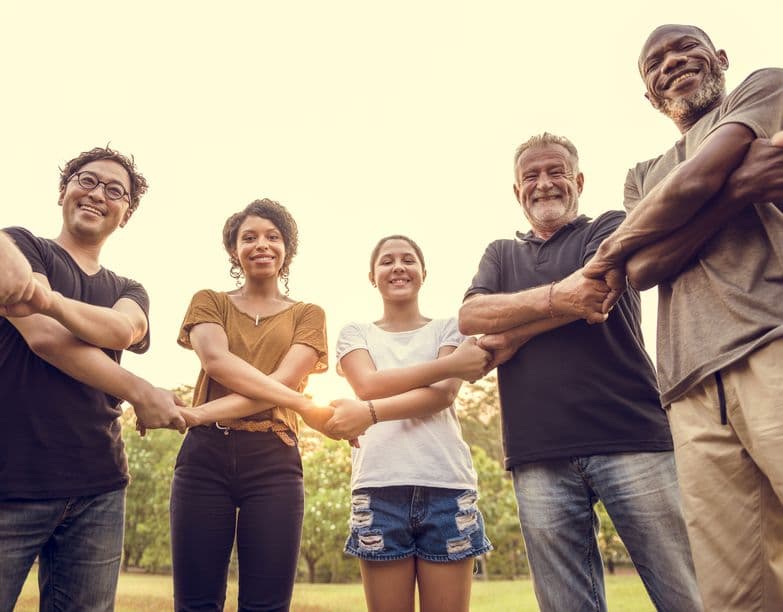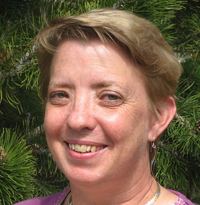Karen Whelan-Berry
The music, dance, and wisdom of Australia’s indigenous people opened the 2019 World Congress on Positive Psychology in Melbourne in July. Compared to their thirty to forty thousand years of history, positive psychology seems incredibly young, even infantile. As I watched and listened, two ideas especially intrigued me, and continue to reverberate within me.
The first was the advice given to visitors seeking to learn more about indigenous history: “Go away; come back.” The second is that we are all meant to be part of the positive psychology circle.
Go Away, Come Back
“Go away; come back,” as I interpret it, is meant to encourage visitors to pause, reflect, and then return to more authentically know indigenous culture. As a qualitative researcher and ethnographer, I know firsthand that you can’t know a culture and its rituals, practices, and traditions in a few visits.
But “Go away, come back” also resonates with me in terms of positive psychology practice. We learn and build our practices, such as meditation or gratitude, and returning to them after we go away from them is often the very heart of the practice—the way in which we deepen our understanding and everyday application.
As the field continues to expand and research teaches us more about how to thrive—and as we discover as individuals what gives our lives meaning—our habits and practices change. At times of transition, or if we are new to positive psychology, we can benefit by moving away from what we have known or done, and coming back to something new or different.
The Positive Psychology Circle
I have attended many conferences, yet this Congress with individuals from some 50 countries and every continent except Antarctica, was the most global gathering I have ever experienced. Yet I had the sense that everyone there spoke the same language and shared the same values. I remember this feeling when I attended my first World Congress in 2015, and how at home I felt.
We are all part of positive psychology’s circle. I deeply believe that we are each meant to be our full, authentic self, sharing our unique strengths and gifts with the world to create positive change, and learning how to thrive, build resilience, and be happy. This is why I love sharing positive psychology with others.
Looking back on my incredible experience in Melbourne, I appreciate and savor the opportunity to be on a different side of the planet, learn from and connect with others, share the work I’ve done with Jane Anderson on building embodied strengths practices, and present research on WBI’s Certificate in Wholebeing Positive Psychology. When I come back to the World Congress in Vancouver in 2021, I hope to have deepened my own practices, contributed to research in the field, shared positive psychology with new audiences, expanding the circle to include us all.
Karen Whelan-Berry, WBI’s Course Director, is a positive psychology scholar/practitioner with extensive corporate and higher education experience. She focuses on research and practice at the intersection of ideal self, teams, and performance excellence; and instructional design and delivery that cultivates immediate and long-term skills and habits. Karen is a frequent presenter at positive psychology and management conferences, has over 20 publications, and is an award-winning researcher. She holds a PhD in Organizational Studies. Karen teaches at the CiWPP immersions and on the webinars.


 Karen Whelan-Berry, WBI’s Course Director, is a positive psychology scholar/practitioner with extensive corporate and higher education experience. She focuses on research and practice at the intersection of ideal self, teams, and performance excellence; and instructional design and delivery that cultivates immediate and long-term skills and habits. Karen is a frequent presenter at positive psychology and management conferences, has over 20 publications, and is an award-winning researcher. She holds a PhD in Organizational Studies. Karen teaches at the CiWPP immersions and on the webinars.
Karen Whelan-Berry, WBI’s Course Director, is a positive psychology scholar/practitioner with extensive corporate and higher education experience. She focuses on research and practice at the intersection of ideal self, teams, and performance excellence; and instructional design and delivery that cultivates immediate and long-term skills and habits. Karen is a frequent presenter at positive psychology and management conferences, has over 20 publications, and is an award-winning researcher. She holds a PhD in Organizational Studies. Karen teaches at the CiWPP immersions and on the webinars.